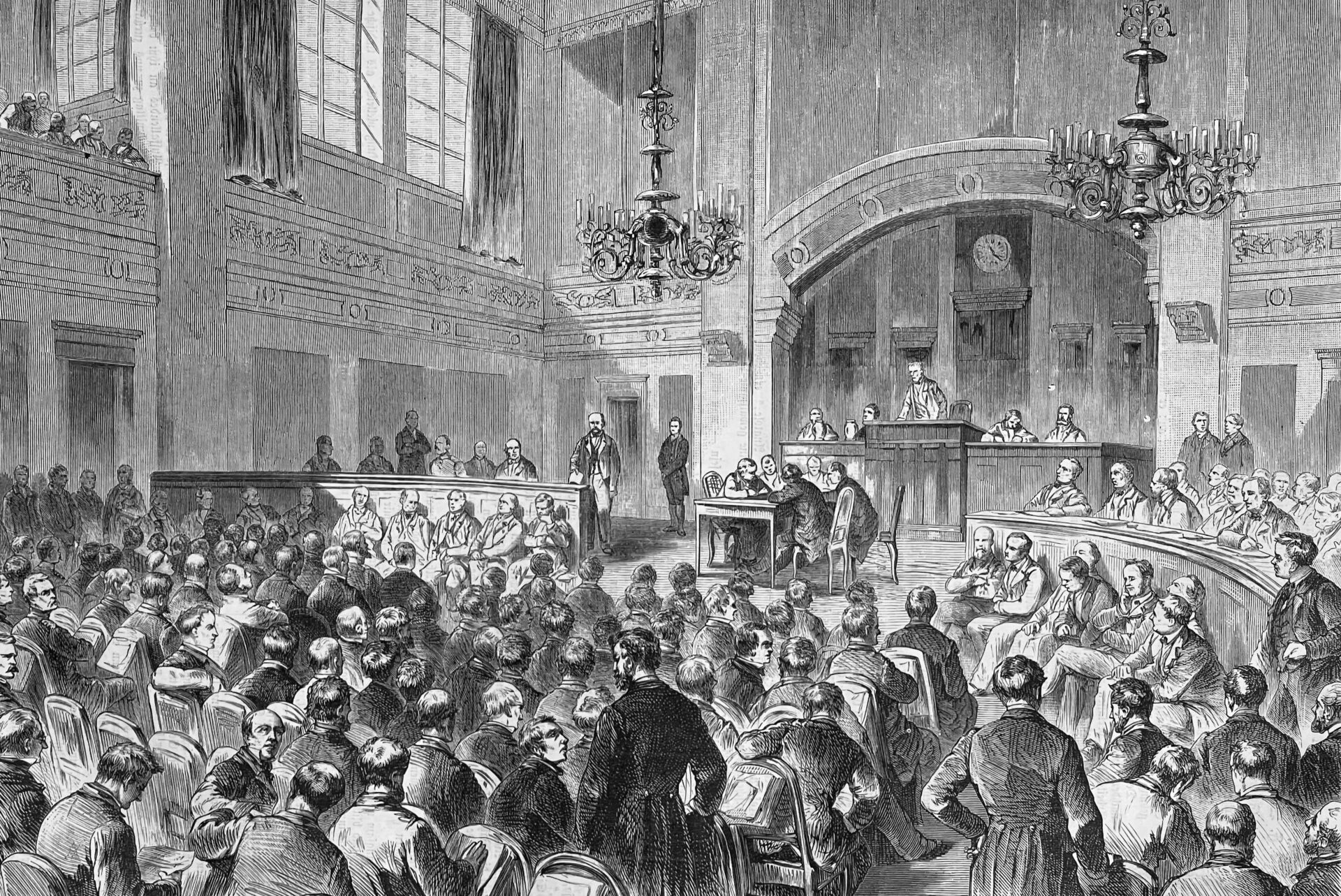IHS launched its first-ever week-long online seminar. As one of two sessions, this first program focused on the origins and development of the Classical Liberal tradition and featured a keynote presentation by IHS President Dr. Emily Chamlee-Wright.

Dr. Chamlee-Wright opened her presentation by asking seminar participants a question: how can we as autonomous persons—who are also being interconnected individuals—self-govern?
Where many classical liberal scholars attempt to answer this question by turning to formal institutions such as constitutions, property rights, and the rule of law, Dr. Chamlee-Wright looks to informal norms. These norms include discursive or dialogical practices, and values that lead to open and respectful conversation.
It is through good, respectful conversation that Dr. Chamlee-Wright believes we reach a liberal society built on good self-governance.
“By Liberal Project, I simply mean that notion of the good society that’s based on liberty, equality, and justice… a just, tolerant, and pluralistic society in which human beings flourish.”
-Dr. Emily Chamlee-Wright
So how do we have better conversations on difficult topics? We must identify the basic practices of respectful dialogue. It’s with this in mind that Dr. Chamlee-Wright introduces her seven design principles of good conversations:
Seven Design Principles of Good Conversations
- Contestability: good conversations require an environment of openness in which ideas can compete
- Presumption of Dignified Equals: in good conversations, we recognize that we are one another’s dignified equals
- Honesty: a commitment to truth-telling and fair dealing in the conversation
- Critical Thinking: the intellectual habit of setting aside one’s prejudices creates space for reasoned and open inquiry
- Knowledge-Seeking Humility: that truth-seeking is a collaborative effort
- Courage with Civility and Civility with Courage: courage in conversation seeks truth and civility demonstrates respect
- The Assumption and Practice of Good Faith: expect that others want to understand and behave with the same sincere intent
While these principles might seem fairly straightforward, they are often overlooked in active conversation and require real effort to become social norms. To illustrate this point, Dr. Chamlee-Wright turns to the current issue of racial justice and police reform.
She points to Malcom Gladwell’s book Talking to Strangers, which notes that current policing protocols often have officers primed for confrontation.
As Dr. Chamlee-Wright puts it: the conversation was designed to go wrong right from the beginning. “The goal of the stop-and-search police training is to train the officer first, to act in bad faith by provoking the infraction,” she says. “And then to assume bad faith that all moments of agitation… are signs of criminal intent.”
As a call back to her earlier notes on what makes for a good conversation, Dr. Chamlee-Wright explains how this current structure is designed to escalate an issue, and doesn’t allow the space required to employ the seven principles, but rather it nearly bypasses conversation altogether.
“Stop-and-search police training protocol, in other words, is designed to create bad conversations. These bad conversations can often lead to injustice.”
-Dr. Emily Chamlee-Wright
She ends her discussion noting that classical liberal scholars have a wealth of knowledge and ideas to offer the public forum, and reminds that with good-faith, intellectual open discussion, we can enact change and tackle the difficult conversation ahead.
You can watch Dr. Chamlee-Wright’s full keynote and the rest of the IHS Summer Seminar on our YouTube channel. For more information on graduate and faculty programs, and funding opportunities, visit TheIHS.org.
